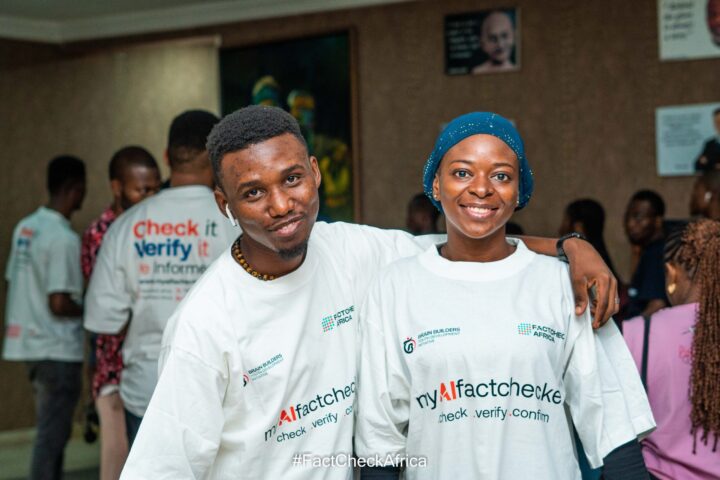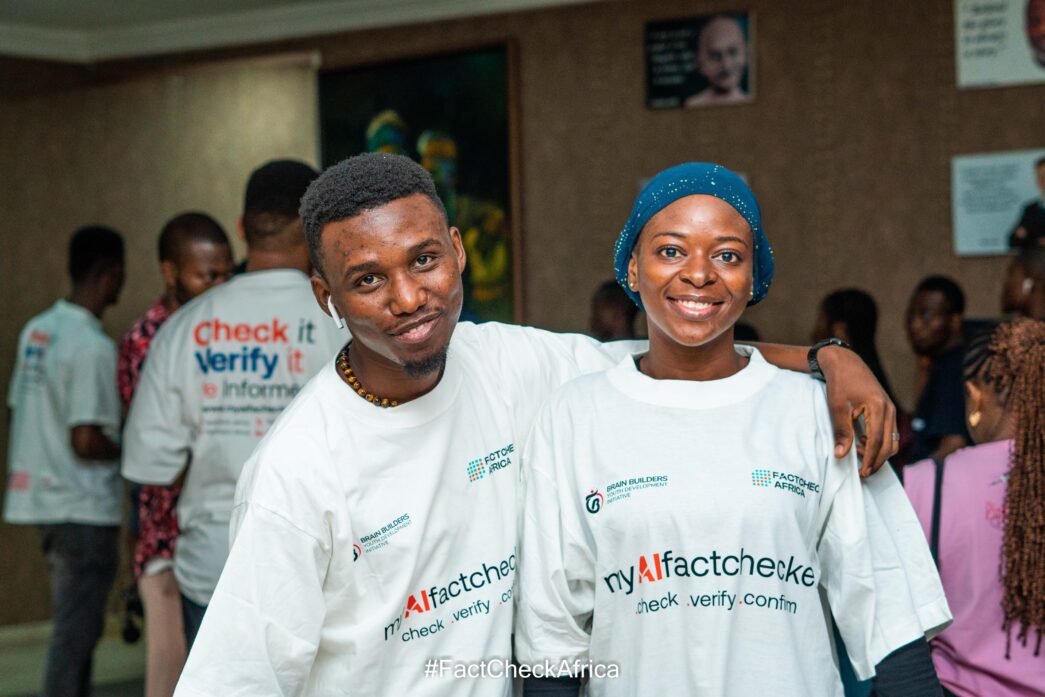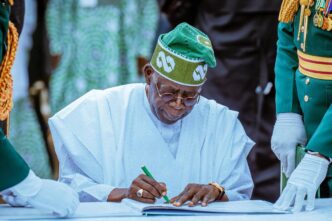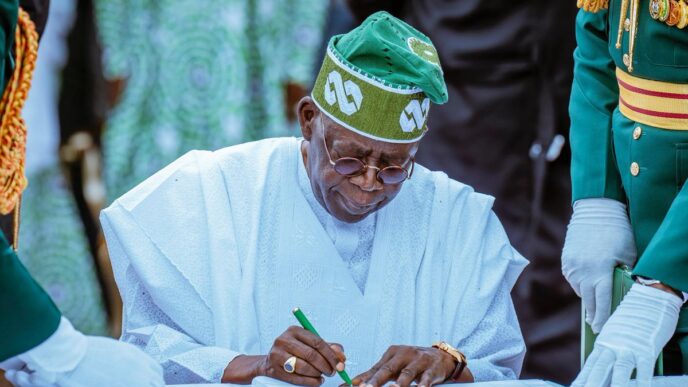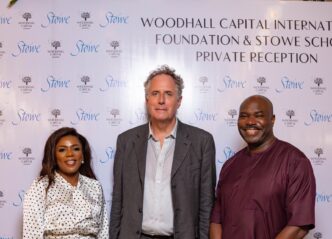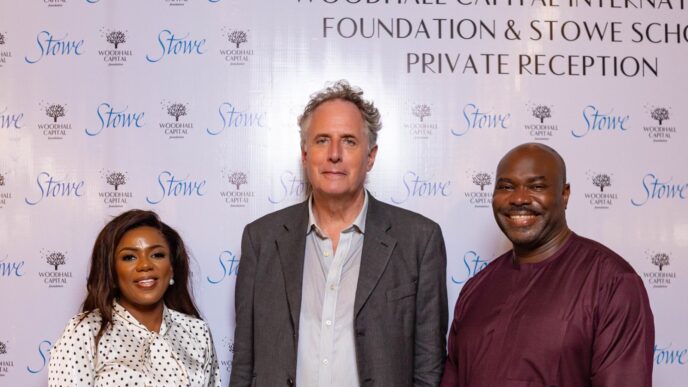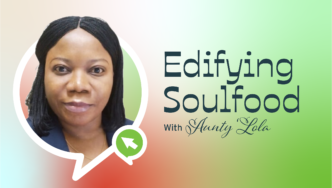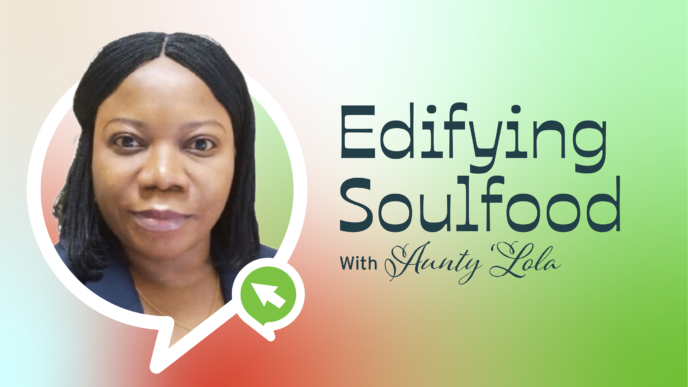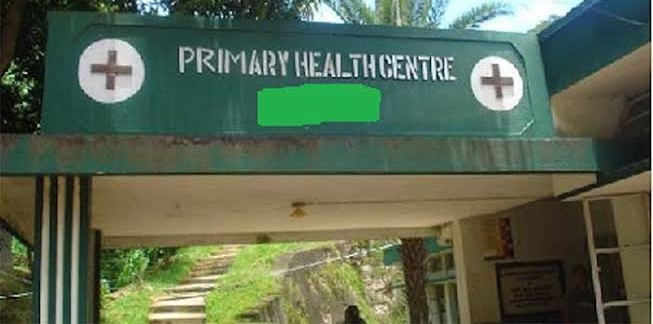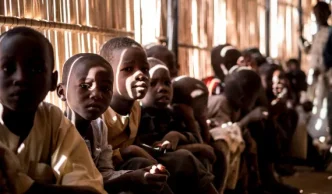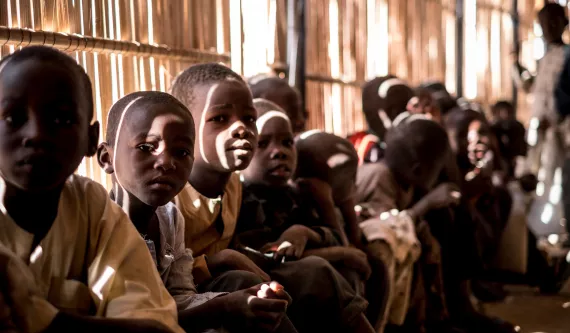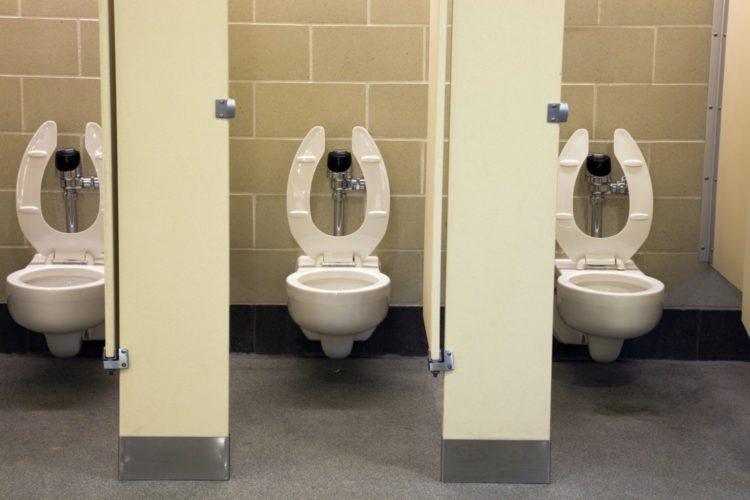FactCheck Africa, a nonprofit, has developed a fact-checking curriculum tailored for journalism, media, and communication programmes in higher institutions of learning across Nigeria.
FactCheck Africa, an initiative of Brain Builders Youth Development Initiative (BBYDI), was launched in 2022 as an independent, non-partisan and non-profit fact-checking platform for Africans.
In a statement on Monday, Abideen Olasupo, the global director of BBYDI, said the curriculum is designed to equip students with the necessary tools, including the use of artificial intelligence to fight the spread of fake news, misinformation, disinformation, and hate speech across various platforms.
He said the curriculum is valuable in a world where the rise of digital media has brought about challenges like fake news posing threats to the democratic process.
Advertisement
“The curriculum, which was developed by a team of researchers, communication experts, lecturers and professional fact-checkers, contains courses like Critical Information Literacy, Critical Digital Literacy, Critical Data Literacy, Critical Media Literacy and Moral and Civic Sensibility,” Abideen said.
“The curriculum also contains the teaching of AI for Media, usage of Open-source intelligence (OSINT), with examination of relevant case studies.
“The ultimate goal is to build the critical thinking of students and young people improve media literacy across different socio-economic and political contexts, and promote ethical practices within the information landscape.”
Advertisement
Olasupo noted that these courses were designed to build skills in media literacy, critical thinking, digital literacy, and information literacy, emphasising the evaluation and analysis of information.
The FactCheck Africa boss explained that the outcomes of his organisation’s research and advocacy efforts across different communities in Nigeria over the last one year informed the need to develop a robust fact-checking education curriculum for higher institutions in the country.
“In the last one year, with the support of our partners, we have conducted series of workshops across tertiary institutions in Nigeria. We also conducted a study to examine the current landscape of fact-checking education around the globe, identifying best practices and benchmarks from 133 universities across various continents and then compared it with what is currently obtainable in Nigeria,” Olasupo said.
“From our research, we observed that Nigeria has several courses related to information disorder but requires a more comprehensive and dedicated curriculum. The study noticed a few challenges, including resource limitations, varying levels of public interest, and the lack of standardised approaches to teaching fact-checking.
Advertisement
“In addition, technological barriers and the rapid evolution of information pollution tactics were also observed to have posed ongoing challenges. These are coupled with the fact that despite the rise of fact-checking organisations, the methodologies used by fact-checkers often lack consistency resulting in diminishing credibility and effectiveness.
“This scenario presents a significant opportunity for Nigeria to develop a tailored fact-checking education curriculum that aligns with international best practices. By integrating media literacy, critical thinking, and digital literacy into higher education, Nigeria can equip future journalists and communicators with the skills needed to combat information pollution effectively.”
The FactCheck Africa convener also disclosed the curriculum would be presented for validation at the 25th International Conference of the African Council for Communication Education (ACCE) holding at the Baze University, Abuja between November 12 and 15.
Speaking further, Olasupo said his organisation had done a lot in the last one year to promote media literacy and critical thinking among Africans.
Advertisement
He said earlier in the year, FactChecker, which is an initiative of Brain Builders Youth Development Initiative (BBYDI), unveiled MyAIFactChecker, ‘Africa’s first’ artificial intelligence-powered fact-checking platform, to counter the spread of misinformation and disinformation on the continent.
“This platform leverages cutting-edge AI technology, is user-friendly, and allows people to verify the authenticity of news, social media posts, and other online content quickly and conveniently. This initiative has revolutionalised how Africans verify news and other online information,” he noted.
Advertisement
It will also be recalled that FactCheck Africa, in April, launched a 3-month AI Journalism Fellowship for journalists in West Africa, through which it has empowered hundreds of selected journalists across the continent with the knowledge, skills, and ethical considerations needed to navigate AI in journalism.
Advertisement

